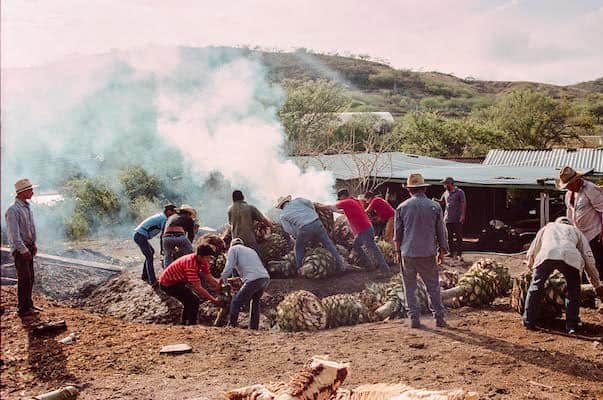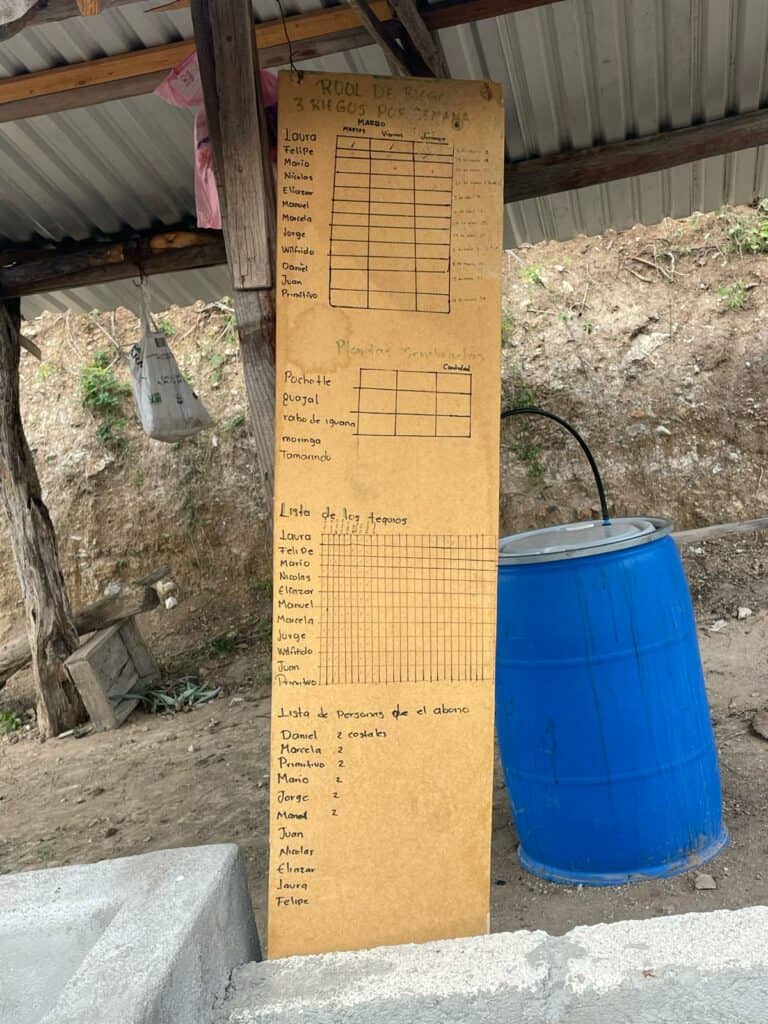In Mexico, tequio is a form of a collective work or service within a community. It is derived from the Nahuatl root word tequitl that means work or tribute.
The practice of tequio originated in Indigenous communities across Mexico and were (and in some places still are) obligatory. The works are of benefit to the community; they are unpaid and considered part of your public service to your community. This can include projects as complex as building and maintaining roads, schools, and water systems to cooking or dancing in town festivities or creating public works of art. Tequios have also been used to rebuild communities after a natural disaster. In the world of mezcal, tequios can include harvesting agave and/or loading an oven to cook agave.
This practice is still regarded as a key foundation of Indigenous community and is part of a larger system of rule called Usos y Costumbres. It also survives in towns that do not identify as Indigenous.








Leave a Comment